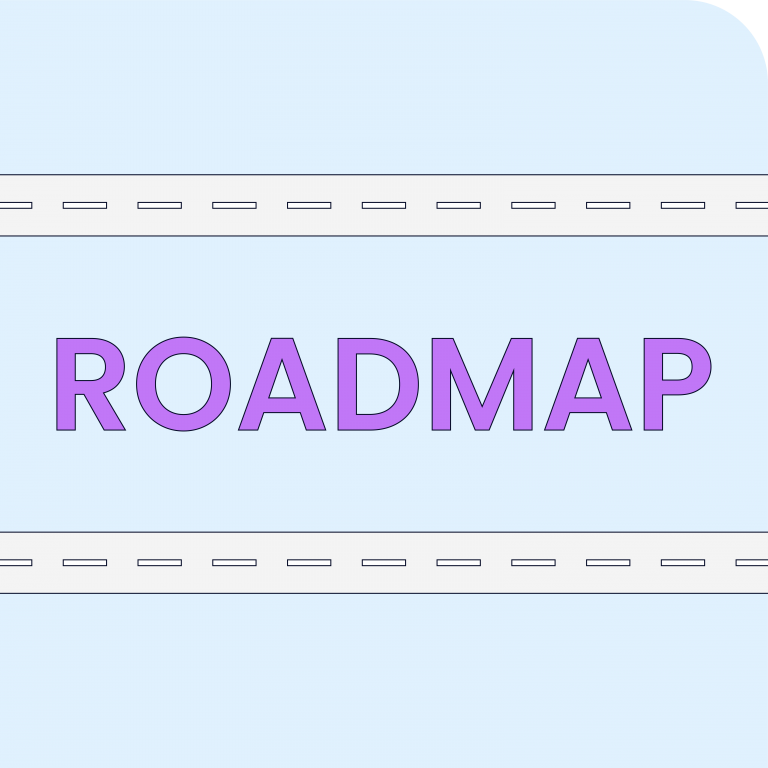Posted by: CTC Training
Assessors are sought after by businesses in almost every industry. By becoming an assessor, not only will you be afforded new opportunities, responsibilities and, in most cases, a pay rise, but you’ll also be pivotal in helping trainees achieve their career goals.
If this sounds exciting, you’ve come to the right place. In this article, you will learn everything you need to know about becoming an assessor, including the responsibilities of the job, the different types of assessor and the qualifications required for the role.

What does an assessor do?
The role of an assessor is to observe, support and guide students through their vocational qualification. The assessor collects evidence from their students to assess and review their abilities and ensure they are at the level required to pass their course.
The role of assessor is different to the role of IQA. The IQA is responsible for ensuring that the assessments within an organisation are executed fairly. This will include reviewing the decisions made by the assessor. In contrast, the assessor is the person carrying out the assessment that will subsequently be under review by the IQA.
Assessors can assess competencies in a variety of qualifications. These include:
- Apprenticeships
- Awards
- Certificates
- Diplomas
- Functional Skills
- NVQs
- Technical Skills

What are the responsibilities of an assessor?
The responsibilities of an assessor may vary depending on the vocation they are assessing and the organisation they are working for, but responsibilities may include:
- Observing students’ competency in the workplace
- Examining students’ portfolio of evidence
- Providing feedback and advice to students
- Attending standardisation meetings with other assessors
- Planning and delivering training and workshops
- Questioning students about how they would deal with non-standard situations
- Signing off awards when all requirements have been met
- Keeping records of their students’ progress
Would you prefer to watch the video guide version of this article? You can view this below:
What are the requirements for becoming an assessor
You are required to have some competence in the vocation that you will be assessing (preferably two years at least) prior to becoming an assessor. You cannot simply assess any vocation you’d like; you must have previous knowledge and experience in that area.
You must also have earned the relevant level 3 assessor qualification(s). The level 3 qualification allows you to work as a fully qualified assessor.
Roadmap to success – how to become an assessor

Get experience in the field you would like to assess
Begin with gathering practical experience in your chosen field. Having firsthand knowledge will enable you to assess others effectively.

Decide on the type of assessing and the vocation that you would like to assess
Consider the various aspects of assessing and decide on your niche.

Get the relevant level 3 qualifications
Equip yourself with the relevant level 3 qualifications to further your understanding and enhance your skills in your chosen area of assessment. This step will provide you with a strong base to build your assessor career on.

Apply for assessor jobs
With the necessary qualifications and experience in hand, start applying for assessor roles. Ensure to highlight your industry experience and educational background to stand out in the competitive job market.

What are the assessor qualifications?
You need to complete level 3 assessor training to become a fully qualified assessor. There are four level 3 assessment training courses to choose from, each of which provides the learner with skills and knowledge for assessing in particular environments and circumstances. Before you obtain your qualification, you should establish the type of assessing and the vocation that you would be looking to assess and then determine which level 3 qualification is most suitable for you.
Level 3 Award in Understanding the Principles and Practices of Assessment
This is a knowledge-based unit ideal for current assessors looking to enhance their knowledge and skills. It covers the background knowledge of the practices and importance of an assessment role.
Level 3 Award in Assessing Vocationally Related Achievement
This qualification enables you to assess students in a training environment, such as a workshop or classroom, but not in their place of work. To complete this course, you are required to carry out 4 assessments on two learners (8 in total).
Level 3 Award in Assessing Competence in the Work Environment
This qualification enables you to assess students at their place of work but not in a learning environment. Similarly to the Level 3 Award in Assessing Vocationally Related Achievement, you will be required to assess the occupational competence of two learners.
Level 3 Certificate in Assessing Vocationally Related Achievement (CAVA)
This qualification enables you to assess students in a training environment and their place of work. To complete this qualification, you will be required to complete 8 assessments with each learner (16 pieces of assessment evidence in total).

What are the different types of assessor roles?
There are three different types of assessor roles, each with its own responsibilities.
On-programme assessor
The on-programme assessor specialises in supporting apprentices through their apprenticeship. On-programme assessors work for training providers and it is their responsibility to deliver the apprenticeship training.
End-point assessor
The end-point assessor also works with the apprentice but serves only as the assessor at the end of the apprenticeship. The assessor will have had no prior contact with the training provider, employer or apprentice so that they can stay unbiased when they assess the apprentice’s vocational competency at the end of their apprenticeship.
NVQ assessor
The NVQ assessor can assess any accredited qualifications. They work similarly to on-programme assessors, supporting the learner through their qualification. NVQ assessors typically work for colleges or independent training advisors.
Where can I earn qualifications to become an assessor?
All four of the qualifications listed above can be earned through CTC Training’s online learning platform. As flexible online courses, you can earn your qualifications online and at your own pace. You’ll be given access to the student portal, where you can view course content and upload assessments at any time of day, any day of the week, making it ideal for anyone on a busy schedule. Plus, you’ll be assigned a tutor who will provide support and advice throughout your course should you need it. Start your journey to becoming a qualified assessor by enrolling on a course with CTC Training. Take a look at our assessor courses in more detail or contact our team for more information. Book online today and start learning immediately.
Related Courses

Level 3 Award in Understanding the Principles and Practices of Assessment (UPPA)
£195
200+ have completed this course

Level 3 Award in Assessing Competence in the Work Environment (ACWE)
£299
200+ have completed this course

Level 3 Award in Assessing Vocationally Related Achievement (AVRA)
£299
500+ have completed this course
